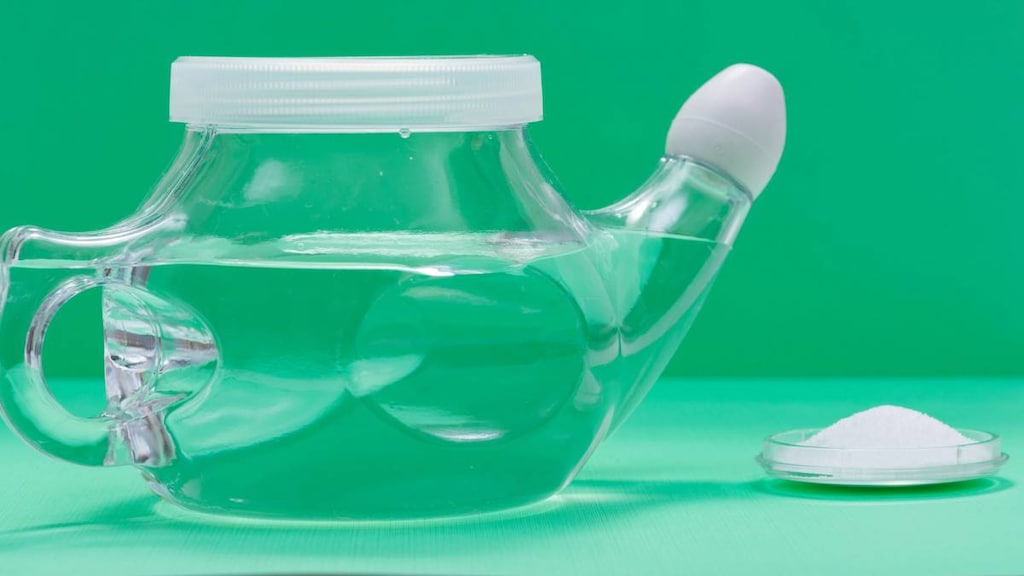
What is nasal congestion?
Nasal congestion is when the nasal passages become swollen with excess fluid and mucus, causing a blocked, clogged, or plugged feeling.
Nasal congestion may also be called a stuffy nose.
What causes nasal congestion?
Nasal Congestion may be caused by any substance or environmental factor that irritates the membranes lining the nose or inflames the blood vessels inside the nose, causing more mucus to be produced to flush out the allergen or whatever is causing the congestion.
Common causes include:
- Allergies
- Asthma
- A cold or the flu
- Dry air
- Excess alcohol
- Foreign body in the nose
- Hormonal changes
- Medications, such as those used to treat high blood pressure, erectile dysfunction, or seizures
- Nasal polyps
- Nonallergic rhinitis
- Overuse of decongestant nasal sprays
- Pregnancy
- Sinusitis
- Sleep apnea
- Spicy food
- Stress
- Strong smelling substances, such as perfumes or chemicals
- Structural abnormalities
- Thyroid disorder
- Tobacco smoke.
What are the symptoms of nasal congestion?
Symptoms of Nasal Congestion may include:
- A stuffed, clogged or blocked nose
- Bad breath
- Cough
- Difficulty breathing through the nose
- Ear pain
- Fever
- Headache
- Itchy eyes, nose, mouth, and throat
- Pain in the sinuses
- Reduced sense of smell or taste
- Runny nose
- Sore throat
- Sneezing
- Snoring
- Tiredness
- Upper jaw or tooth pain
- Watery or red eyes
When should you see a doctor for nasal congestion?
Most cases of Nasal Congestion are short-lasting and resolve by themselves or once the person has removed themselves from whatever is causing the nasal congestion.
Adults should see a doctor if their symptoms last for longer than one week and are accompanied by pain, fever, or there is blood in the discharge.
Babies should always be taken to the doctor if their nasal congestion interferes with their nursing or breathing or if they are younger than two months with a fever.
How is nasal congestion treated?
Treatment of Nasal Congestion depends on the severity of symptoms and may include:
- Oral or nasal decongestants
- Antihistamines
- Pain relievers
- Saline nasal washes
- Humidifiers or vaporizers.

